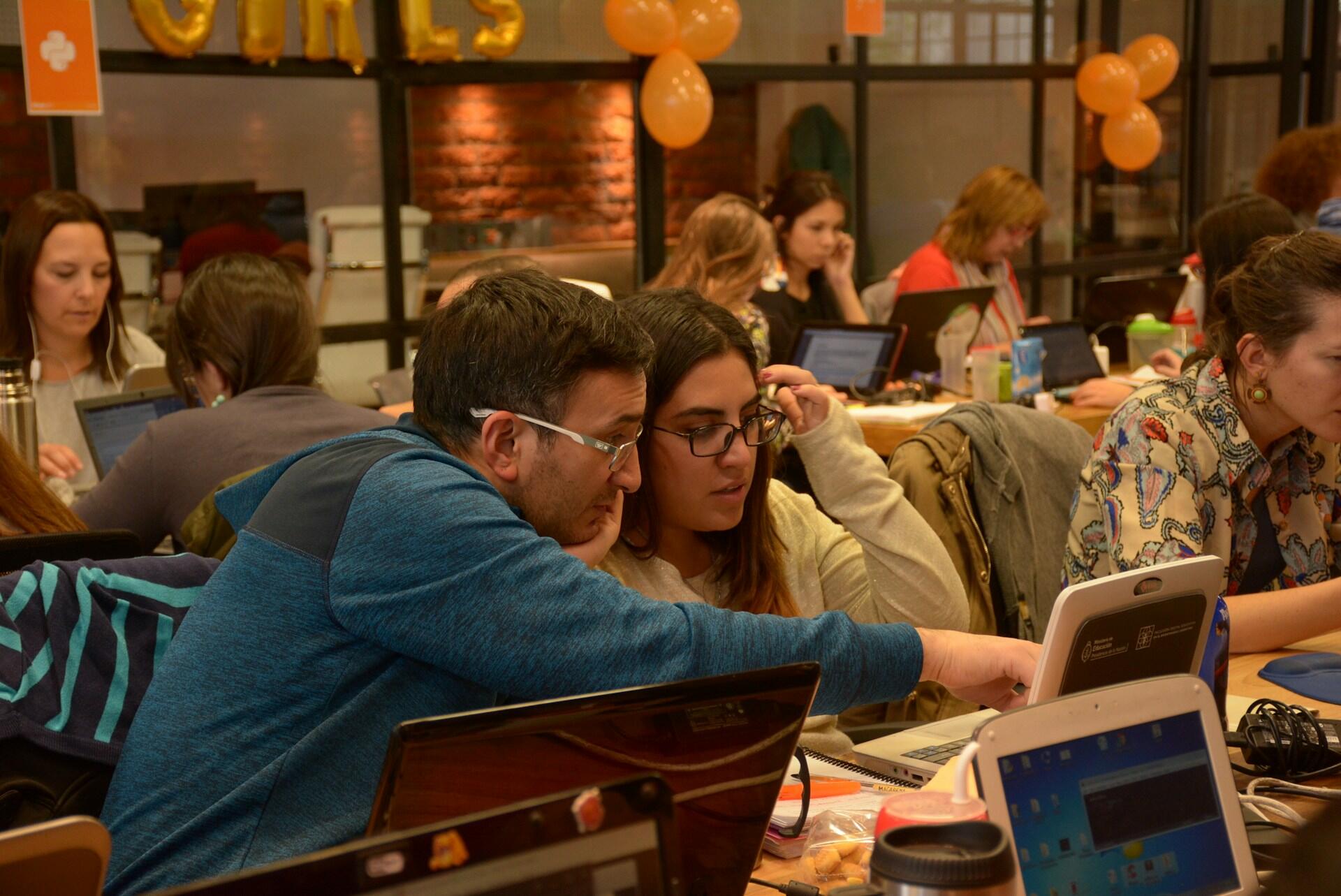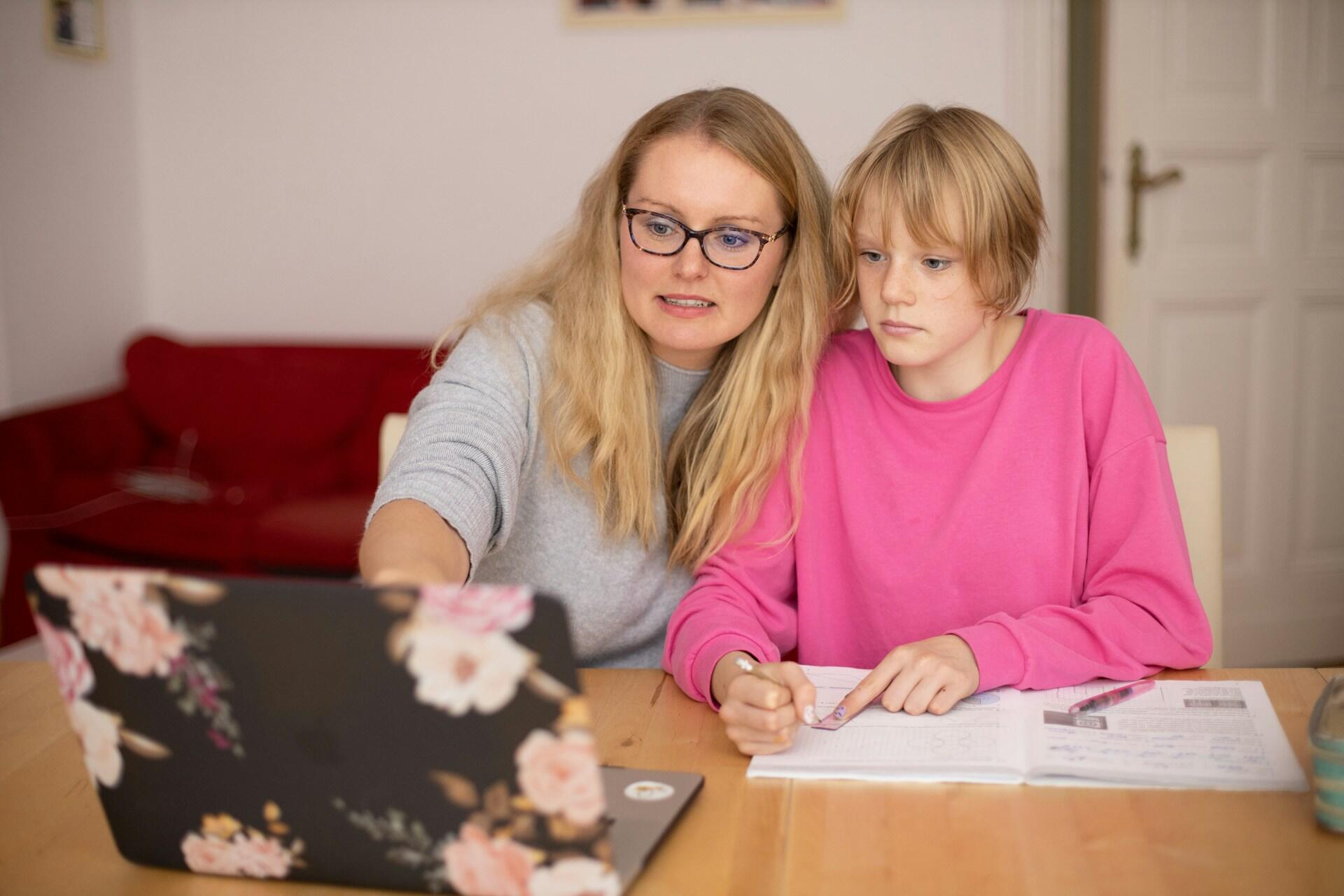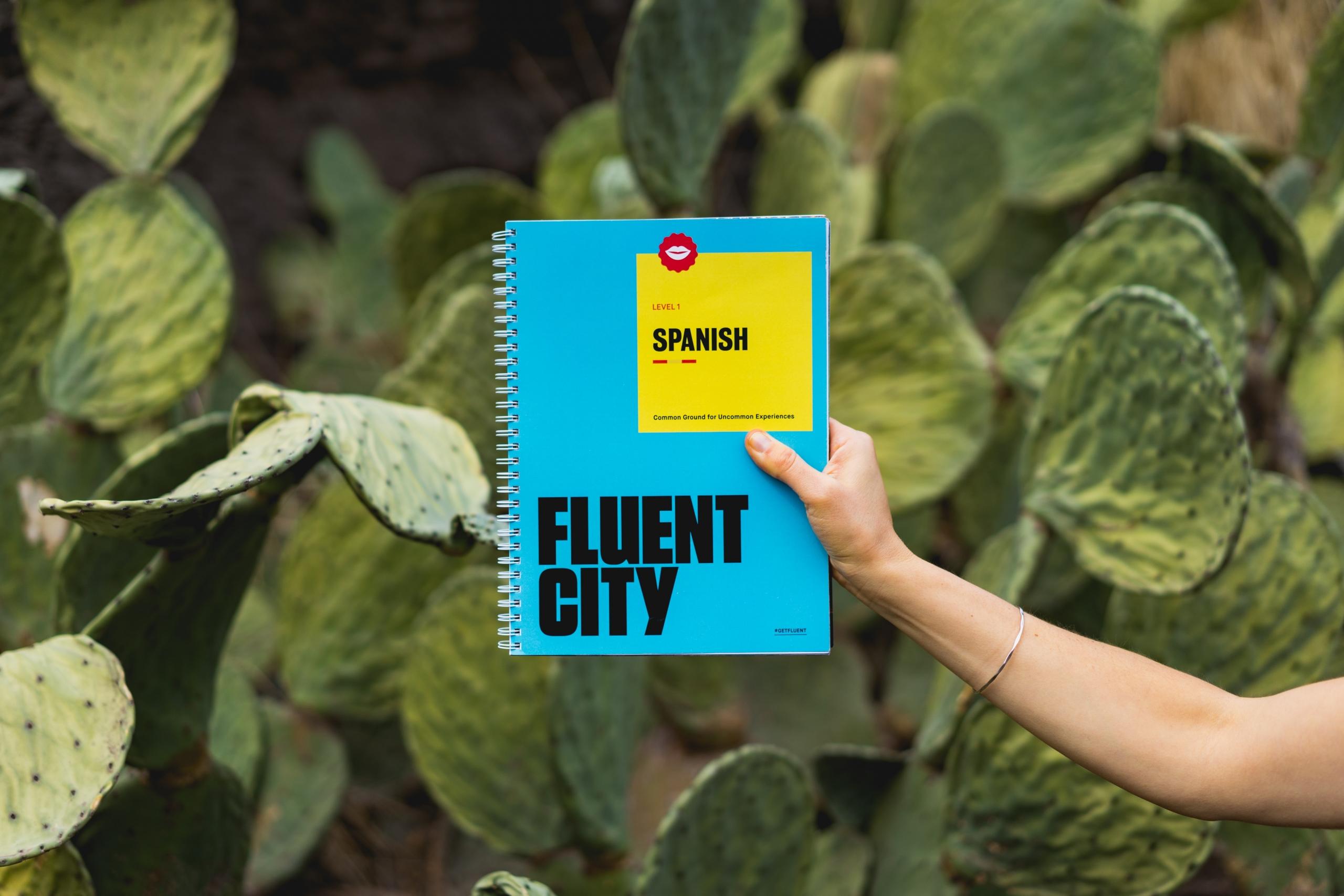To learn a language is to have one more window from which to look at the world.
Chinese Proverb
Spanish tutoring is one of the more in-demand teaching roles in the United States because of the language's global importance, plus the growing number of learners. Spanish tutors have to combine language proficiency, education, and a passion for helping students master communication skills. Tutoring offers flexible opportunities for those with a degree in Spanish, linguistics, or education to work privately, online, or in schools.

How to Become a Certified Spanish Tutor: Qualifications and Certifications
To become a Spanish tutor, you need to do more than speak the language fluently. You need a professional and educational background that enables you to teach effectively to your students. Private tutoring mightn't always require a formal teaching licence in the United States, but recognized qualifications and certifications help by making you more credible, expanding your job opportunities, and helping you to stand out against other Spanish tutors.

Educational Background
Most tutors wanting to offer Spanish lessons will need at least a high school diploma. Still, it's common for them to pursue a degree in Spanish, linguistics, or education. Those new to education should consider short tutoring courses to learn how to develop effective lesson-planning techniques and teaching methods. Volunteering, language exchanges, and peer tutoring all offer practical experience, too.
While anyone fluent in Spanish can share their knowledge, professional tutors usually meet specific educational benchmarks. For elementary or middle school tutoring, a high school diploma and language proficiency may be enough. High school and university tutors often hold a degree in Spanish, education, or linguistics. The more advanced the student level, the greater the benefit of having certifications or teaching credentials to support your expertise.
Certification Programs
Though certification programs aren't mandatory for private tutors, they're certainly helpful. Most courses help make tutors more trustworthy and professional. The most popular options include.
Qualifications will also affect how much you can charge for Spanish tuition. However, as a private tutor, you can charge whatever you like, provided you have students willing to pay. Generally, students will pay more for better tuition, but there is a limit to how much you can charge.
| Program | Focus | Duration | Recognition | Ideal For |
|---|---|---|---|---|
| National Tutoring Association (NTA) | Covers tutoring ethics, learning styles, and communication skills; suitable for private tutors in any subject. | 20–60 hours (online) | National (US) | Tutors seeking an accredited foundation in one-to-one and group instruction. |
| College Reading and Learning Association (CRLA) | Accredits tutor-training programs at universities; builds skills in collaboration, academic integrity, and diversity awareness. | Varies (per institution) | National (US) | College tutors and those working in structured academic settings. |
| DELE Diplomas | Certifies Spanish proficiency (A1–C2) through reading, writing, listening, and speaking exams. | 6–12 months preparation | International | Native and non-native speakers proving advanced language competence. |
| SIELE Exam | Modern, fully online exam assessing reading, listening, writing, and speaking with a single global score. | 1–3 months preparation | International | Online tutors and professionals who want flexible testing. |
| ELE Teacher Training | Combines Spanish-language theory with teaching methodology and cultural education. | 3–6 months | International (Spain-based) | Tutors transitioning to formal teaching or seeking pedagogical depth. |
Language Proficiency Requirements
It's understandable that anyone planning to teach Spanish, whether online or in person, would have a good level of Spanish. Native speakers will almost automatically meet this requirement. Still, any non-native tutor should look to achieve a C1 or C2 level on the Common European Framework of Reference (CEFR) or an Advanced High to Superior rating under the ACTFL. These standards both indicate that you have an understanding of complex grammar, can manage conversations fluently, and provide accurate feedback to students.

Aspiring tutors can take proficiency exams such as the DELE or SIELE from the Instituto Cervantes to formally demonstrate their level. DELE certificates are widely accepted by employers, while SIELE is an online alternative that provides flexible scheduling and faster results. However, it may not be as widely recognized. You can combine language proficiency with teaching skills through ELE teacher-training programs that blend classroom practice, lesson design, and assessment strategies.
Step 1
Build Your Educational Foundation
Earn a high school diploma or degree in Spanish, linguistics, or education to establish your academic base.
Step 2
Strengthen Your Language Proficiency
Reach a C1 or C2 level in Spanish or take proficiency exams such as DELE or SIELE to verify your skills.
Step 3
Complete a Tutoring Certification Program
Choose a recognized program like NTA, CRLA, or ELE to develop teaching methods and gain credibility.
Step 4
Gain Teaching Experience
Start by tutoring peers, volunteering, or teaching online to practice lesson planning and communication.
Step 5
Create Your Professional Profile
Set up your Superprof page to present your qualifications, teaching style, and hourly rate.
Step 6
Start Teaching Students
Offer lessons, track progress, and continue refining your methods as you grow your tutoring business.
Essential Skills for Spanish Tutors
To become a tutor of any language, you need a combination of grammar and vocabulary knowledge, plus several essential teaching and communication skills. You also need cultural understanding, as you may be teaching people from all over the world, not just English-speaking Americans. Whether you choose to work privately, in schools, or online, all these skills are essential for any educator.

Teaching and Proficiency Requirements
You'll need a strong understanding of grammar, pronunciation, and conversation practice so that you can adapt your teaching to beginners, intermediate learners, and advanced speakers.

You'll also need to balance accuracy and accessibility, ensuring that you teach the right content at the right time and in the right way.
Every Spanish tutor or teacher is constantly balancing accuracy and accessibility. After all, there are so many rules you need to know to speak Spanish, but many of them are too advanced for absolute beginners to grasp.
You may even have to omit specific grammatical rules to beginners to avoid overwhelming them.
Strong communication and cultural awareness are just as important as language knowledge. The most effective tutors are creative, adaptable, and able to simplify complex grammar for different learners. Whether working privately or in a school setting, tutors who show patience, empathy, and enthusiasm help students stay motivated and achieve lasting results in their Spanish learning journey.
Communication and Interpersonal Skills
All the best tutors can maintain a human connection. You have to be able to listen, ask questions, and adjust your teaching based on how your student learns. You need to be able to offer clear explanations and helpful feedback, even when the worst of Spanish grammar rears its ugly head.
You also need to be empathetic and patient. Students won't all progress at the same time, and while you'll want to find students who are willing to learn and enthusiastic, you can't guarantee that they won't occasionally get frustrated with what you're trying to teach them.

Cultural Competence
Last but certainly not least is the cultural concept. Languages are vehicles for the cultures that use them. With bigger languages like Spanish, multiple cultures use it. This means different Spanish-speaking communities and countries use the language differently. You have to be aware of these differences to teach the language accurately and sensitively.
Understanding these differences allows you to teach with more nuance and show how regional differences, dialects, and idioms can vary. This also helps students prepare to use their new language skills in the real world. Now, not only should you adapt your lessons to your students' backgrounds and goals, but you should also adjust them to their educational level.
Summarize with AI:
























Hola, quisiera saber si soy graduada de bachiller en computación en Guatemala, puedo optar para recibir un curso para ser tutora del idioma español, gracias.
Hola Estefani! Yes you can become a Spanish tutor. You can sign up to teach on our platform easily by clicking on tutoring jobs and filling out the required information. You can also send an email to hey@superprof.com if you need anymore help.